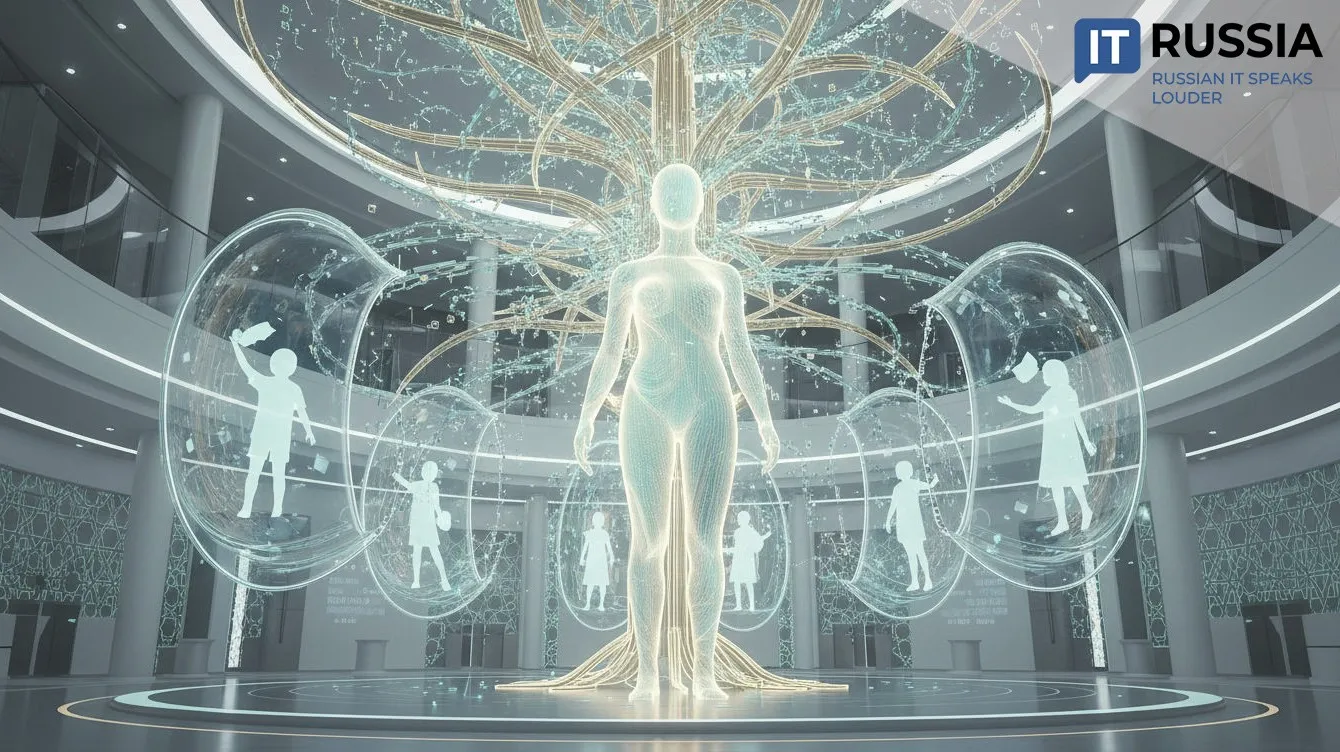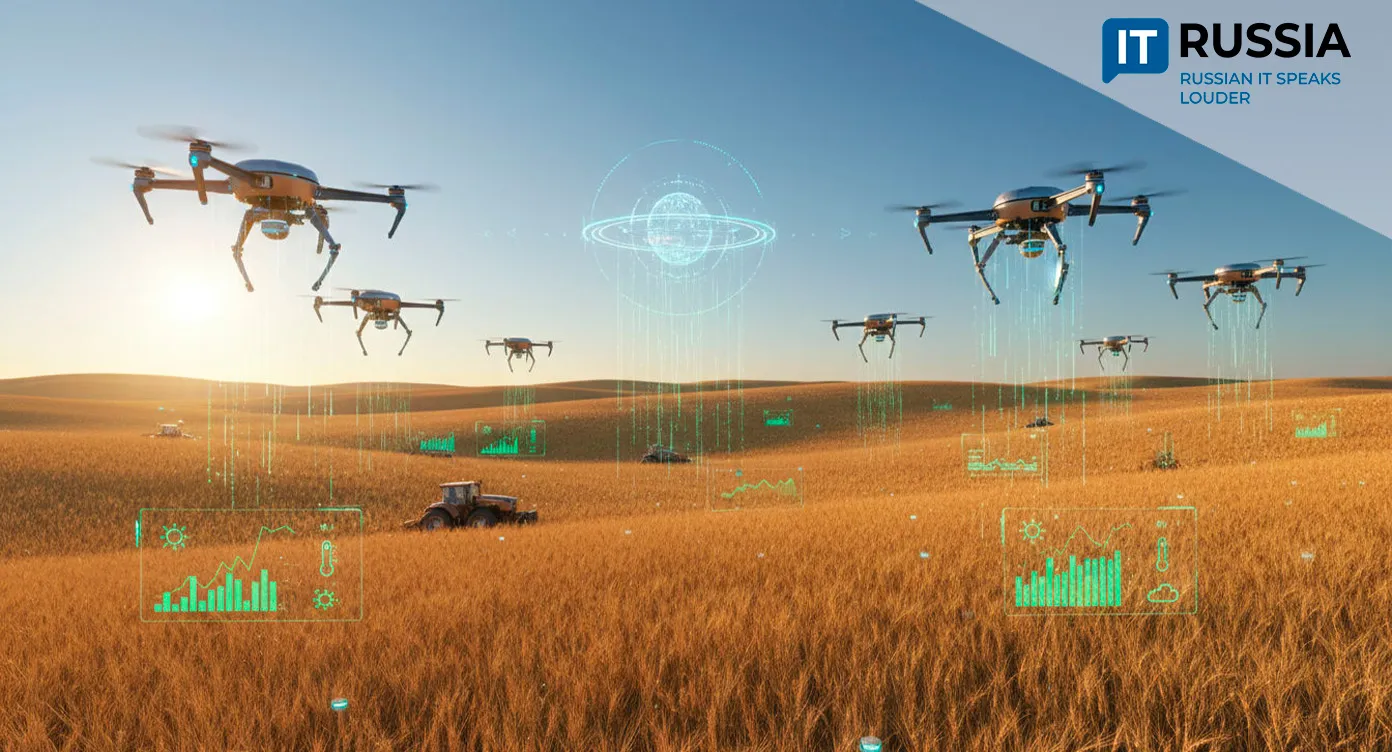Russia’s Interest in AI Use Jumps by More Than 50%

Russia is seeing a surge in demand for books on artificial intelligence, with readership among people over 35 up 72% between May and July 2025.
AI: A User Manual
Russians are increasingly looking for ways to apply modern technologies to everyday tasks. Analytics from the “Stroki” reading service show that in the first half of 2025, demand for AI-related books among users over 35 grew by 66% compared to the second half of 2024.
Top titles include “ChatGPT for Every Day: 333 Prompts for Business and Marketing” by Damir Khalilov, “Life Form No. 4: How to Remain Human in the Age of AI” by Evgeny Chereshnev, and “ChatGPT: The Prompt Master — How to Create Powerful Prompts for Neural Networks” by Petr Panda and Arina Sycheva.
Reader choices reveal a steady appetite for practical guides to neural network use. People are automating business processes and offloading routine tasks to machines to free up time and energy for more valuable work.

AI has already integrated into daily life — finding information, mapping the fastest driving route, answering customer service calls, and generating text or images on demand. And that’s just at the consumer level; AI is also being deployed in manufacturing, healthcare, research, and the arts.
Education as a Growth Trend
The Russian Public Opinion Research Center (VCIOM) recorded rising interest in practical AI applications a year ago, with 55% of respondents saying they wanted to learn AI skills within the next 2–3 years. That momentum is being fueled by online courses aimed at mature users. Analysts expect growth in educational products, seminars, AI lectures, and regional training programs for mid- and late-career professionals.

This trend reflects a growing understanding of AI as a tool for business growth and professional development, particularly among decision-makers and investors. While AI adoption may phase out some jobs — a shift already underway — it is also creating new demand for specialists, including those skilled in writing effective prompts.
The Right Question Gets the Right Answer
Well-crafted prompts are the key to getting useful results from AI. Experts argue that AI should be treated as an assistive tool — one that boosts productivity by saving time and resources. That requires mastering the “art of prompting” — the skill of asking the right questions and formulating precise instructions for the system.
To help users learn this art, the nonprofit “Colaboratoria” has published a guide in which Russian researchers offer step-by-step methods for applying AI tools to writing, information search, data collection and processing, and visualization. The book includes ready-to-use examples.

Enthusiasm for neural networks is moving beyond hype to become a practical way to achieve better outcomes. AI can conserve human effort while driving technological breakthroughs. Researchers stress that humans should remain the creative force, capable of nuanced, flexible thinking — something AI cannot replicate.
AI alone can’t produce quality without human guidance. That’s why now is the time to learn prompt-crafting and optimize human–machine collaboration.










































